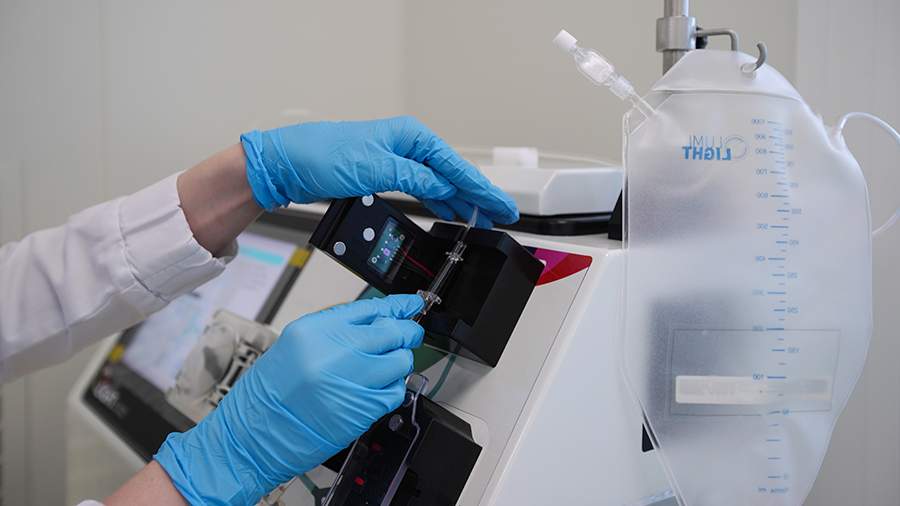An oncologist spoke about important patient actions after cancer detection

Success in the treatment of oncologic diseases largely depends not only on the efforts of doctors, but also on the involvement of patients themselves in this process, said Magomed Sulimanov, an oncologist and consultant of the Resymon platform (an application for collecting data on the well-being of cancer patients). He told Izvestia on December 24 about the rules to follow after cancer detection.
"For any patient with cancer, the most important resource is time, which should not be missed. Of course, the stage of the disease is of great importance. But it is important to realize that whether it is the first or the fourth stage, the most significant results in treatment can be achieved only with combined work between the doctor and the patient," Sulimanov emphasized.
According to him, first of all, this consists in the patient informing the doctor in time not only about any deterioration, but also about the improvement of the condition. Not hiding anything and giving detailed information. React to any changes should be as quickly as possible.
Symptoms that indicate a worsening condition include, among others: increasing weakness, excessively rapid weight loss on the background of treatment, loss of appetite, stool problems, intestinal obstruction, yellowing of the sclera - the eyeball - or skin, transference of bile ducts.
"As a general rule, once diagnosed, the patient must be seen by his primary care physician or a group of physicians at all times. Within 7-10 days, he must undergo a full range of examinations that allow to determine the stage of the disease, the type of cancer and the necessary treatment," added the oncologist.
At the same time, he drew attention to the fact that a patient who has already been diagnosed, at the stage of treatment should undergo a full comprehensive examination of all organs and systems every three months. This is necessary to determine the dynamics of the disease and to monitor the effectiveness of treatment.
After the patient has entered the remission stage, that is, when it can be said that at this stage it was possible to completely cure the cancer, dispensary observation begins. During the first year, examinations are carried out every three months, and up to five years - every six months. Thereafter, depending on the prognosis, examinations are carried out once a year.
"The main rules for patients after cancer detection are to immediately inform the attending doctor about any changes in well-being, to clearly follow his recommendations and in time to undergo all necessary examinations. The doctor should know everything," summarized the oncologist.
Earlier, on December 4, oncologist Suna Isakova of the medical company "SberZdorovye" told "Izvestia" that malignant neoplasms of the oral cavity and oropharynx are relatively rare - less than 10 cases per 100 thousand people per year. The cause of their development is considered to be tobacco in various forms (chewing, in the form of cigarettes), as well as the use of strong alcohol, infection with human papillomavirus, especially the 16th and 18th types.
Переведено сервисом «Яндекс Переводчик»

